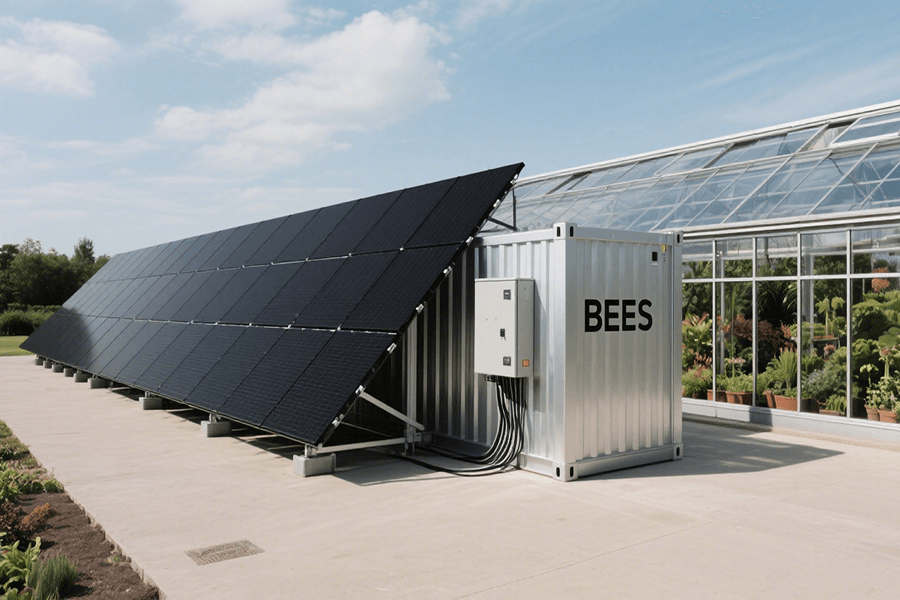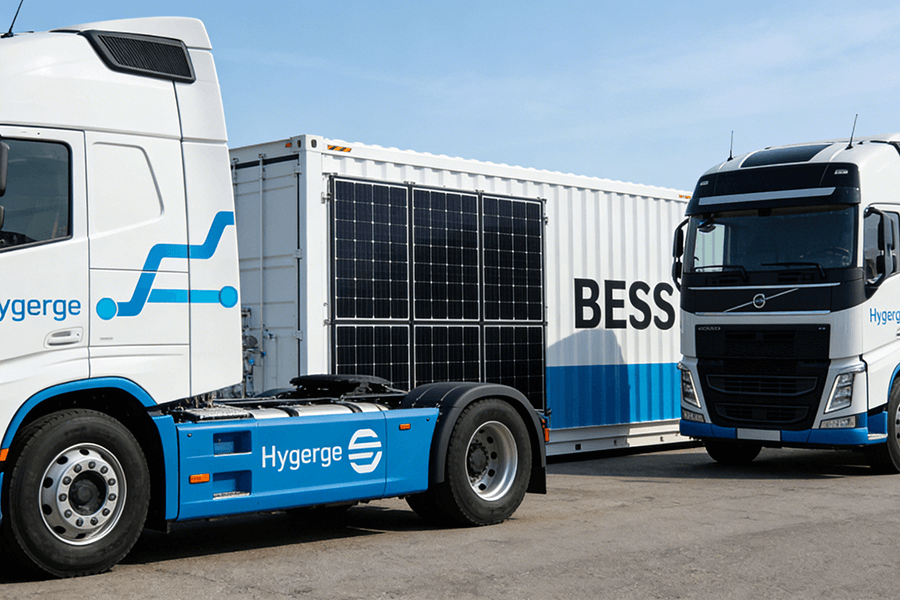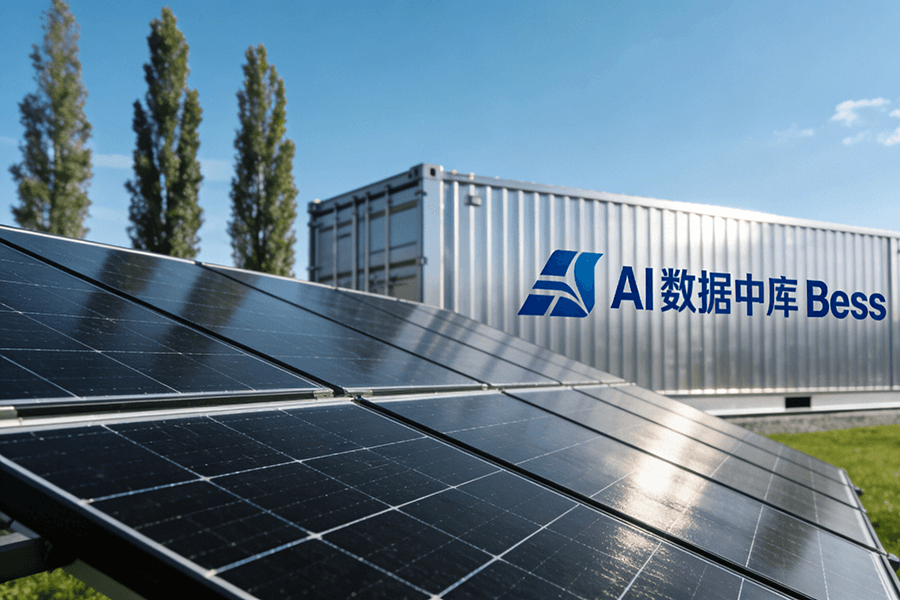Technical Adaptations & Funding: Making BESS Work for Every Garden
Not all botanical gardens are the same—some have historic glasshouses (built in the 1800s) that can’t support heavy solar panels. That’s where lightweight solar technology comes in as a game-changer for heritage preservation:
Lightweight Solar Technology Features
Maxbo Solar: Your BESS Partner for EU Botanical Gardens
Hi there! I’m Bubble, a dedicated member of the Maxbo Solar team, and I’m thrilled to share our expertise in revolutionizing botanical gardens with sustainable energy solutions. For the past 15 years, we’ve been at the forefront of designing solar + Battery Energy Storage System (BESS) setups, meticulously tailored to meet the distinct requirements of botanical gardens across Europe.
What sets us apart from conventional energy companies? Our unwavering commitment to personalized service, regulatory compliance, and long-term support. Here’s a closer look at what makes Maxbo Solar the ideal partner for your botanical garden:
Customized System Design
- Comprehensive Site Analysis: Our team of experts will conduct a detailed survey of your garden, taking into account its layout, historic structures, and diverse plant species. This in-depth understanding allows us to design a BESS + solar system that seamlessly integrates with your existing infrastructure, maximizing energy efficiency and minimizing environmental impact.
- Tailored to Your Needs: We recognize that every botanical garden is unique, with its own set of challenges and opportunities. That’s why we offer a range of customizable options, from solar panel placement and BESS capacity to energy management software and monitoring systems. Our goal is to create a solution that not only meets your current energy needs but also positions your garden for future growth and sustainability.
Regulatory Compliance and Grant Support
- In-Depth Knowledge of Regulations: Navigating the complex landscape of environmental regulations can be a daunting task, especially for botanical gardens. At Maxbo Solar, we have a deep understanding of Natura 2000, the LIFE Programme, and other relevant regulations, ensuring that your solar + BESS project complies with all applicable standards.
- Grant Application Assistance: We know that securing funding for your project can be a key factor in its success. That’s why we offer comprehensive grant application assistance, helping you identify eligible funding opportunities, prepare compelling proposals, and navigate the application process. Our team has a proven track record of securing grants for botanical gardens across Europe, and we’re committed to helping you access the resources you need to make your project a reality.
Long-Term Support and Maintenance
- 10-Year Warranty: We stand behind the quality of our BESS Containers, which is why we offer a generous 10-year warranty. This gives you peace of mind knowing that your investment is protected, and that we’ll be there to support you every step of the way.
- Annual Maintenance Services: In addition to our warranty, we offer annual maintenance services to ensure that your solar + BESS system continues to operate at peak efficiency. Our team of certified technicians will perform a comprehensive inspection of your system, identify any potential issues, and make any necessary repairs or adjustments. We also offer remote monitoring and support, allowing us to quickly diagnose and resolve any problems that may arise.
But don’t just take our word for it—here’s what some of our satisfied clients have to say:
“Maxbo Solar’s expertise and commitment to sustainability made them the perfect partner for our botanical garden. Their customized solar + BESS solution has not only reduced our energy costs but also helped us achieve our environmental goals. We couldn’t be happier with the results!” – [Name of Botanical Garden], [City, Country]
“Working with Maxbo Solar was a pleasure from start to finish. Their team was professional, knowledgeable, and always willing to go the extra mile to ensure our project’s success. Thanks to their grant application assistance, we were able to secure the funding we needed to make our solar + BESS project a reality. We highly recommend Maxbo Solar to any botanical garden looking to go green.”
We’re proud to have helped 8 EU botanical gardens, including those in Munich and Madrid, make the switch to solar with BESS. On average, our clients have saved €11,000 per year on their energy bills, while also reducing their carbon footprint and contributing to a more sustainable future.
Are you ready to take the first step towards a more sustainable botanical garden? Visit our website at
www.maxbo-solar.com to learn more about our services and view our portfolio of successful projects. You can also email our team at
[email protected] or give us a call at [Phone Number] to schedule a free consultation. We’d love to hear from you and discuss how we can help your garden thrive!







